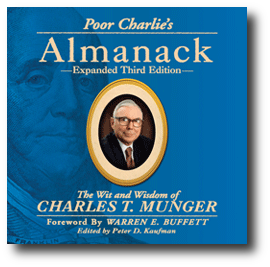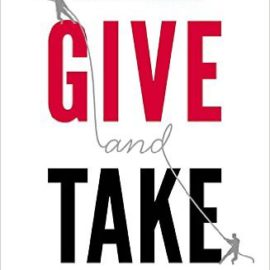
Want to learn the ideas in Zen and the Art of Motorcycle Maintenance better than ever? Read the world’s #1 book summary of Zen and the Art of Motorcycle Maintenance by Robert M. Pirsig here.
Read a brief 1-Page Summary or watch video summaries curated by our expert team. Note: this book guide is not affiliated with or endorsed by the publisher or author, and we always encourage you to purchase and read the full book.
Video Summaries of Zen and the Art of Motorcycle Maintenance
We’ve scoured the Internet for the very best videos on Zen and the Art of Motorcycle Maintenance, from high-quality videos summaries to interviews or commentary by Robert M. Pirsig.
1-Page Summary of Zen and the Art of Motorcycle Maintenance
Overall Summary
Zen and the Art of Motorcycle Maintenance is an interwoven story that follows two plots. The first plot details a cross-country motorcycle trip taken by the narrator and his eleven year old son, Chris. The second plot focuses on the life of Phaedrus, who is a philosopher obsessed with Quality. As they travel, the narrator inserts philosophical discourses called Chautauquas into his narrative about their journey.
In the first section of this chapter, the narrator discusses his and John’s dislike for technology. Technology is a way to understand things rationally by using facts and figures. However, people who prefer that method are missing out on things like emotion and intuition. In addition, those who use technology tend to be more logical than romantic—the opposite of John and Sylvia’s personalities. The narrator says he prefers a classic approach, which involves being analytical rather than emotional or intuitive when solving problems.
As the travelers move through Montana, they learn about Phaedrus’s life. He was a scientific prodigy who dropped out of school because he lost faith in science to explain the world. For several years, he explored other kinds of truth and eventually got a job teaching English at Montana State University in Bozeman. The travelers stay with Robert and Gennie DeWeese, friends of Phaedrus’.
The narrator and Chris leave to hike a mountain. On this trip, the narrator describes Phaedrus’s attempts to pin down the concept of Quality: that which makes something good. Torn between whether Quality is a subjective or objective phenomenon, Phaedrus eventually comes to the epiphany that it is in fact neither. Quality precedes subjectivity and objectivity—in fact, it is what allows for the separation of the world into subjective and objective realms in the first place. During their hike, Chris complains about having to go on this trip with his father (Chris) because he doesn’t want to be there; however, when they reach camp at nightfall, Chris becomes very happy because it’s so beautiful up there. The next day after breakfast they start hiking again but Chris gets tired quickly and starts complaining again until finally he decides not to continue anymore even though they are close enough from reaching their destination –the summit–of Mount Sentinel where he wanted them both to go together as a family before his son moves away from home for college in California later that year. The narrator then realizes how much time has passed since his wife died many years ago because now his son will also move away from him just like she did when she was alive too except back then he felt sad while now instead of feeling sad he feels relieved that soon everything will change again as if nothing had ever happened before.
After the narrator’s father dies, he goes on a motorcycle trip to escape his grief. On his way, he stops at several places and gives lectures about quality as it relates to motorcycles. He talks about how stuckness can foster innovative ideas for higher quality in bike maintenance, how gumption is necessary for sustained work of high quality, and how people who are too rigid in their thinking get caught up in gumption traps that prevent them from seeing the value of Quality.
The narrator’s dream of the glass door recurs, and he realizes that it signifies his divided identity. He recalls spending time with Chris as Phaedrus and concludes that he will have to explain his mental state to his son. The narrator describes Phaedrus’ enrollment in an interdisciplinary program at the University of Chicago and how he studied Greek philosophy obsessively. There, Phaedrus had a confrontation with someone who was against Quality philosophy, which made him completely insane. He was then hospitalized for electroshock therapy.





